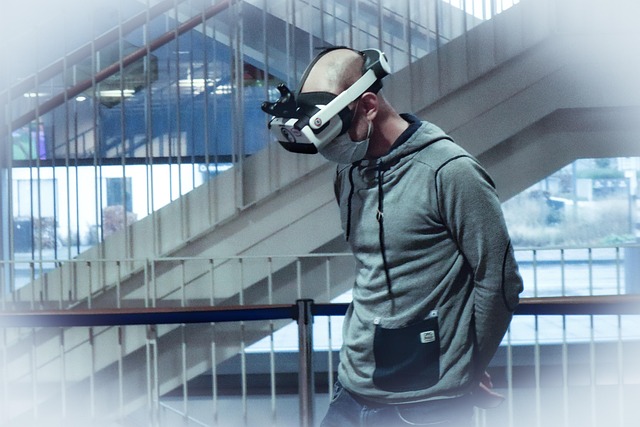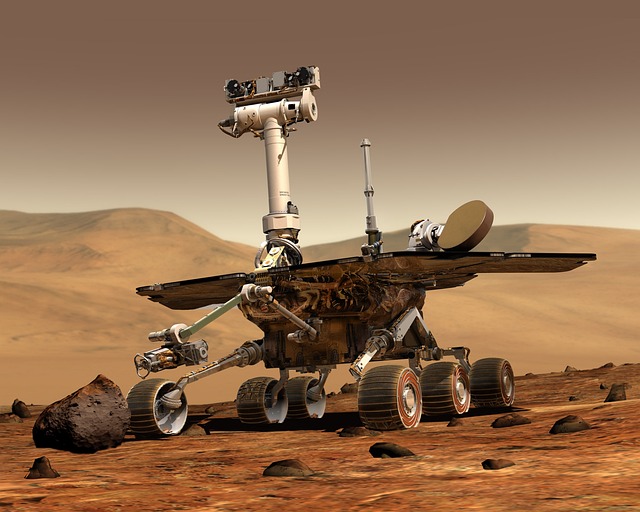In the rapidly evolving landscape of education and skill development, VR technologies are paving the way for a transformational approach to learning. Imagine stepping into a virtual world where concepts come alive, and skills can be practiced in a safe, immersive environment. This is not merely a futuristic dream; it is happening now through the integration of robotics, artificial intelligence (AI), and automation in business.
At the forefront of this revolution is robotics. Traditional learning methods often struggle to engage students in complex subjects such as engineering or computer science. However, with the aid of VR technologies, students can interact with lifelike robotic simulations. They can practice coding in real-time, witness how robots perform tasks, and understand the intricacies of mechatronic systems. Through these virtual experiences, students not only absorb knowledge but also develop a hands-on approach that enhances their problem-solving skills.
Artificial intelligence is another game-changer in the realm of learning. By harnessing AI, VR platforms can personalize educational experiences to cater to individual learning styles. For students struggling with certain concepts, AI can identify where they need additional support and adapt the VR environment accordingly. This creates an intelligent feedback loop that maximizes the effectiveness of learning. Imagine engaging with a virtual tutor that not only understands your pace but can also transform lessons based on your interests and performance in real-time. That’s the power of VR technologies combined with AI.
Moreover, automation in business has seen a significant shift with the incorporation of VR. Employees can engage with training modules that simulate workplace environments, giving them first-hand experience without the risk of real-world consequences. This method improves retention, as learners are more likely to remember what they practice in a lifelike setting. From training in safety procedures to understanding customer service dynamics, businesses can utilize VR to prepare their employees for a range of scenarios effectively.
The implications of these technologies extend beyond mere training. They reshape the way organizations approach learning and development. Continuous learning becomes a norm as employees have access to VR modules that allow for skills updating and reskilling due to the ever-changing demands of the workplace. In an age when adaptability is key, VR technologies are instrumental in fostering a culture of lifelong learning.
As we venture further into this integration of VR with robotics, AI, and automation, it is crucial for educational institutions and businesses to embrace these tools. The future of learning should not just focus on theoretical knowledge but also on the application and adaptability of skills in a dynamic environment. By incorporating VR technologies into the curriculum and training programs, we can equip learners with the essential skills they need to thrive in the digital age.
Indeed, revolutionizing learning through VR technologies opens up a world of possibilities. It transcends the boundaries of traditional education and beckons a future where learning is not just an obligation but an engaging adventure. Whether one is pursuing a career in tech, healthcare, or business, VR creates a bridge between theoretical knowledge and practical skills, transforming learners into innovators of tomorrow.




